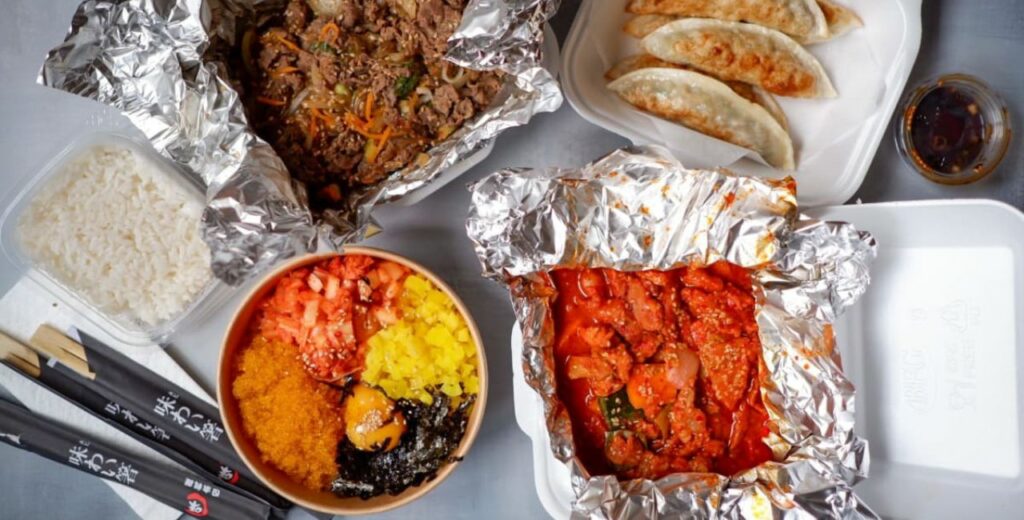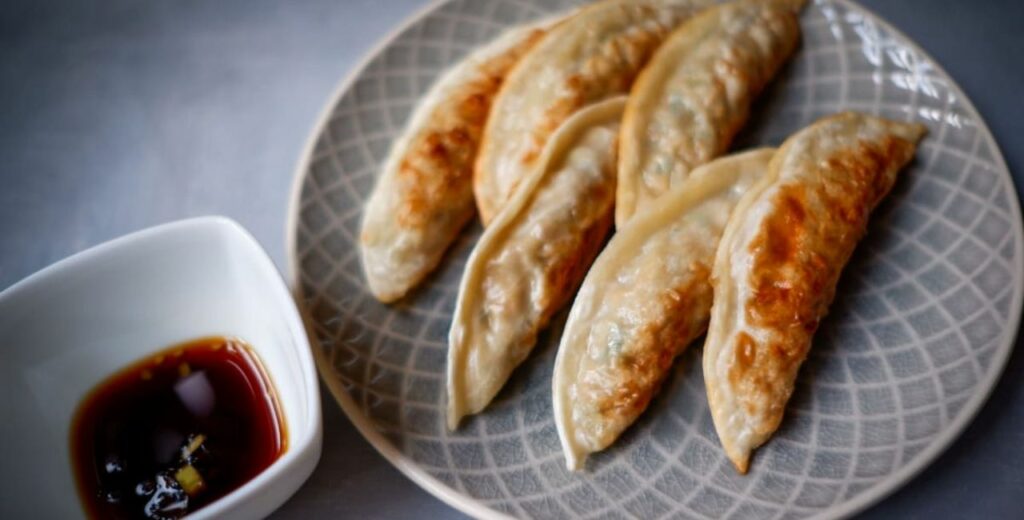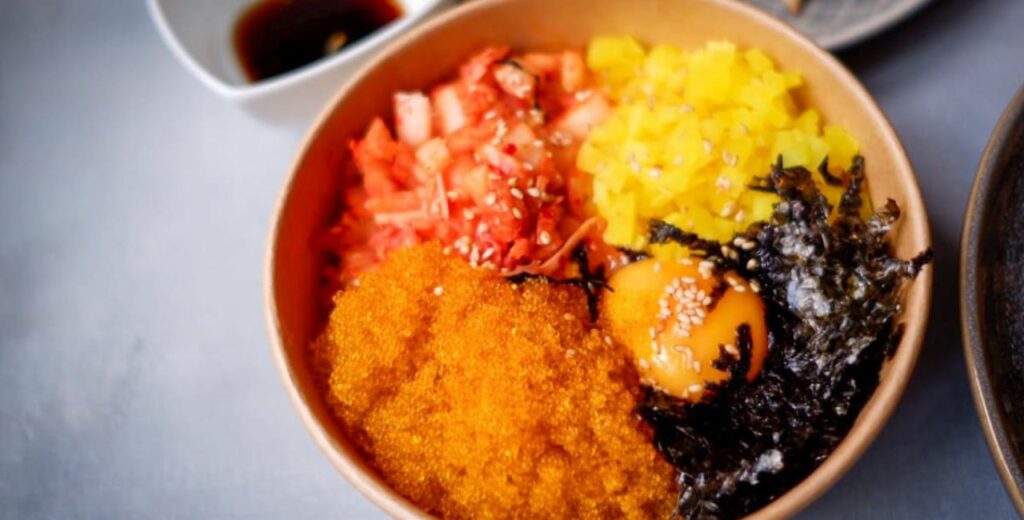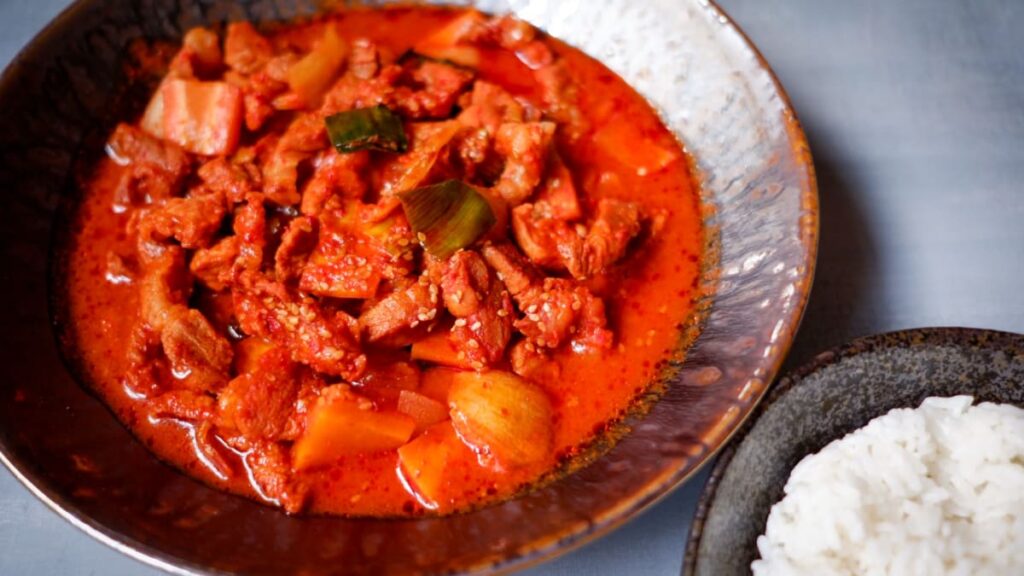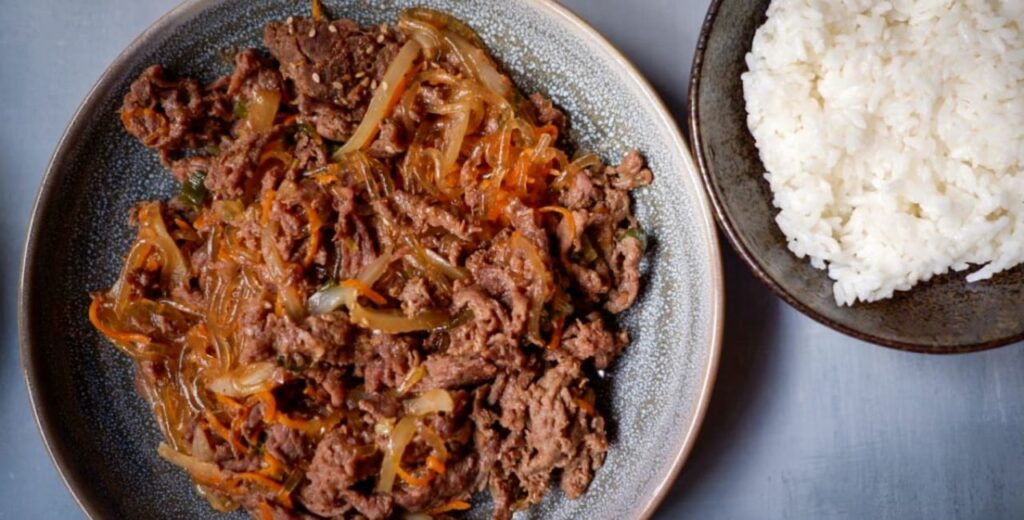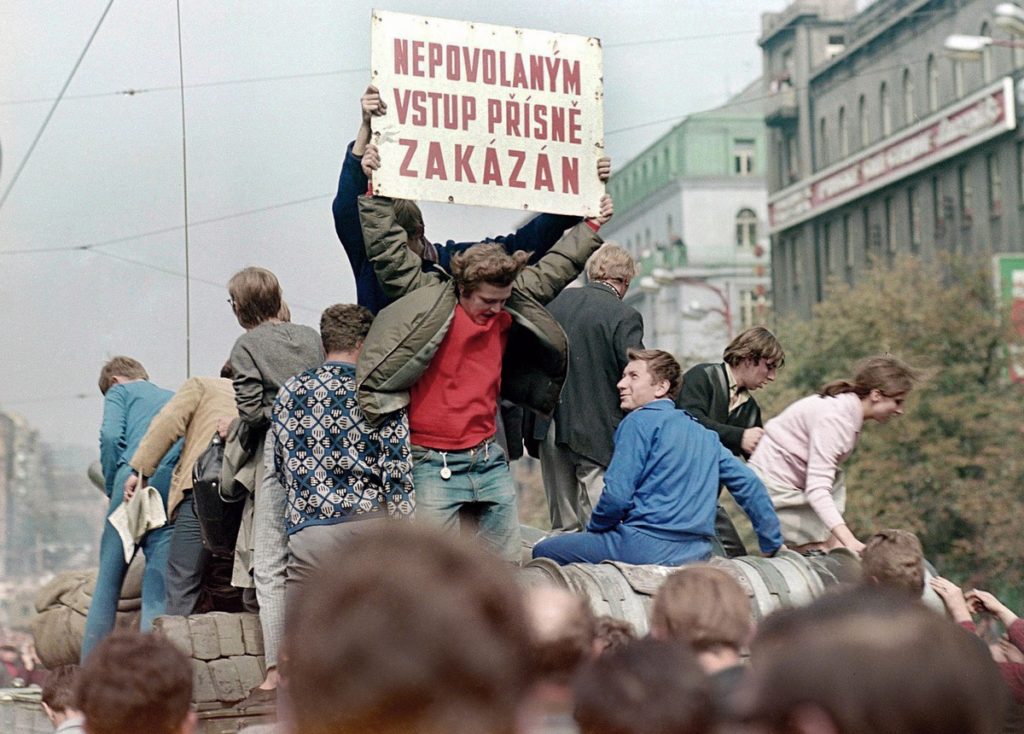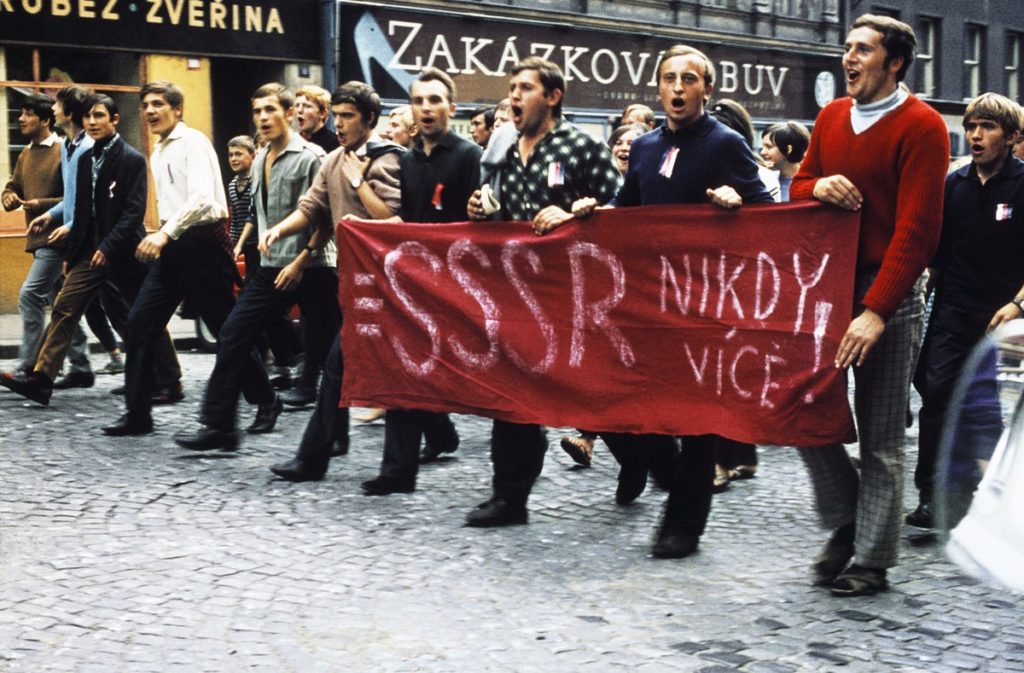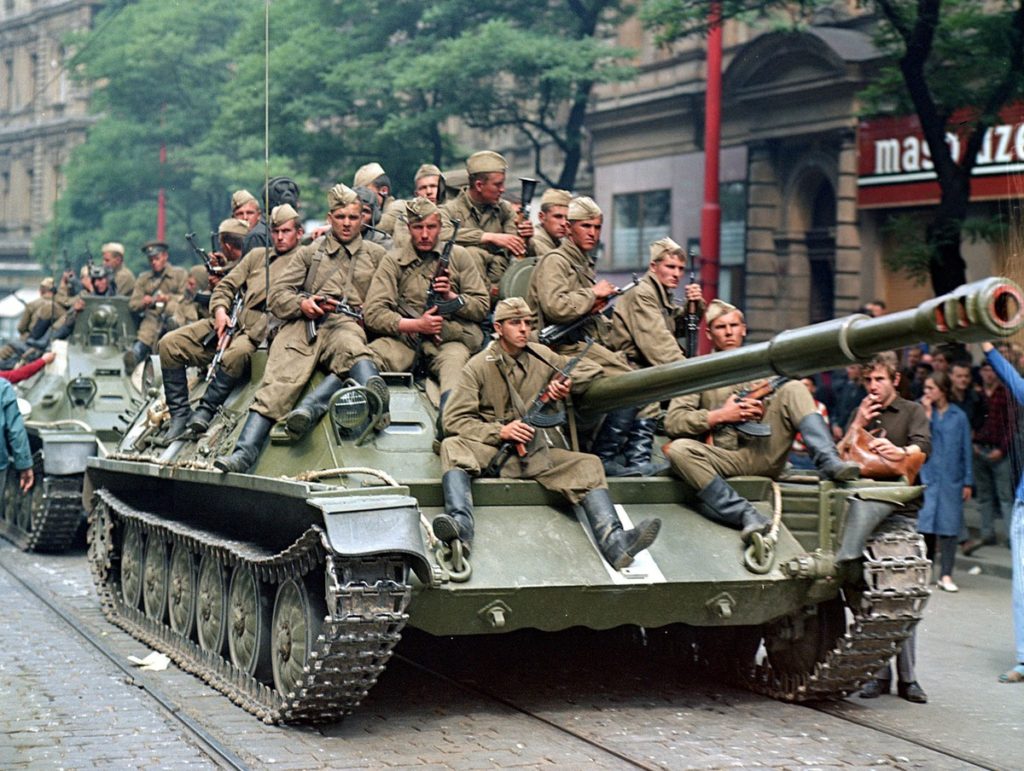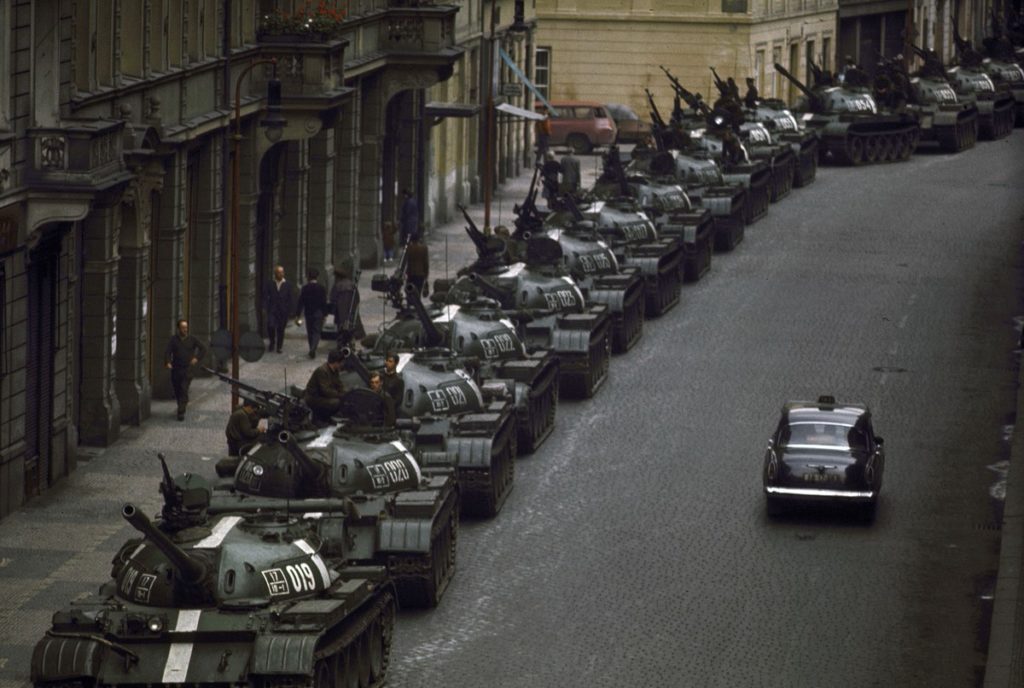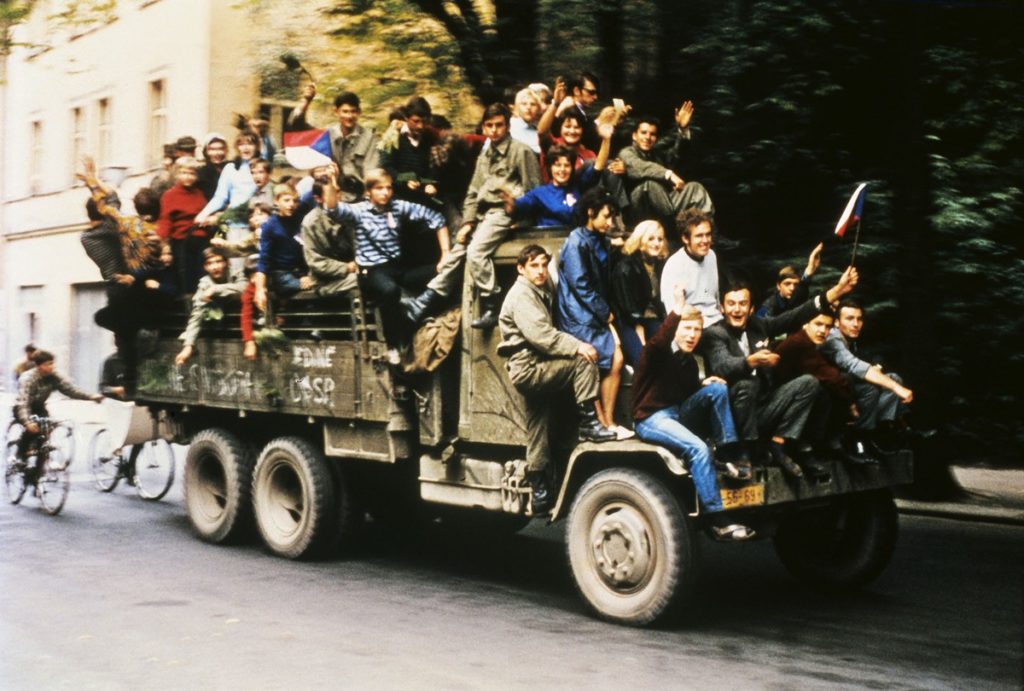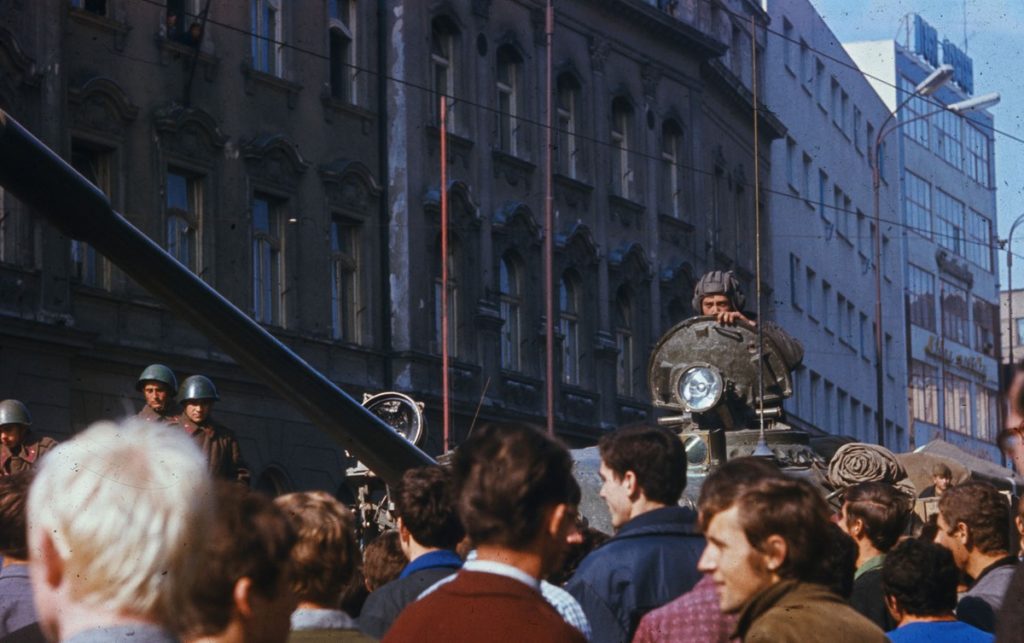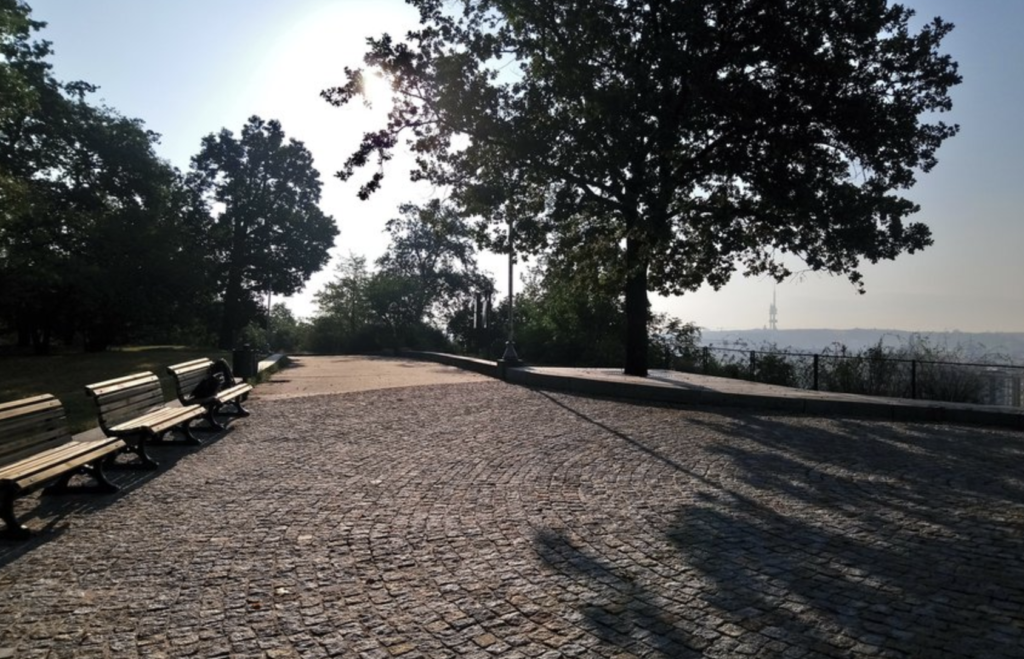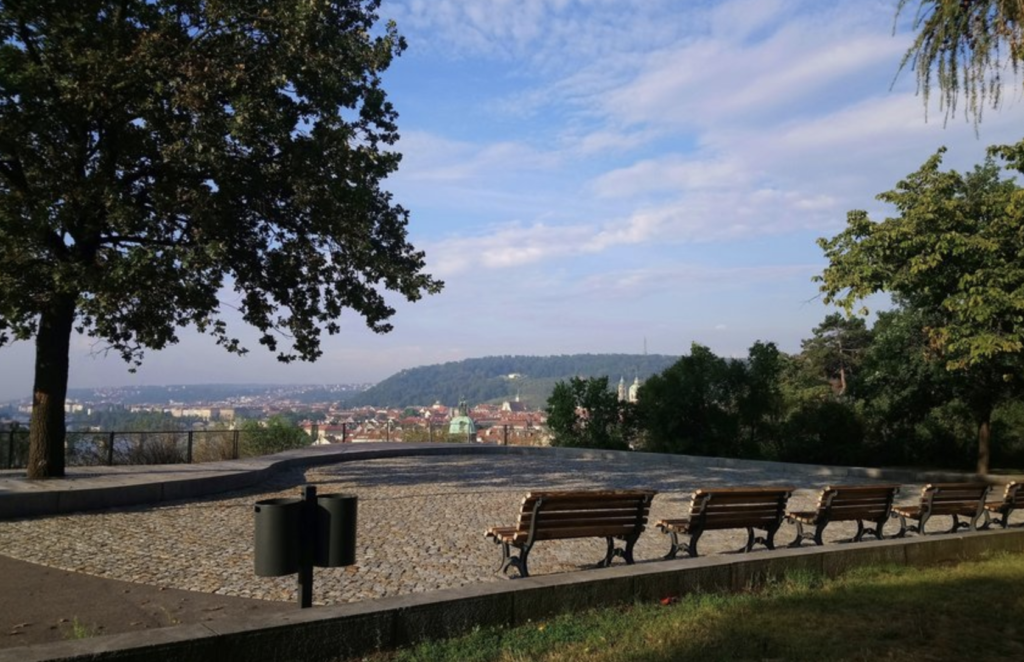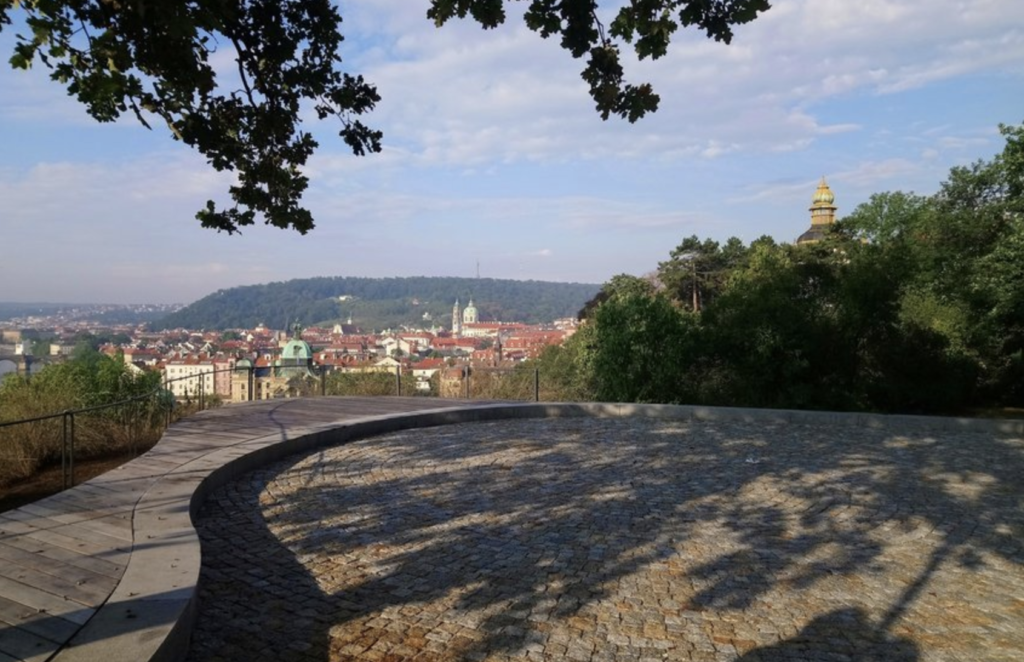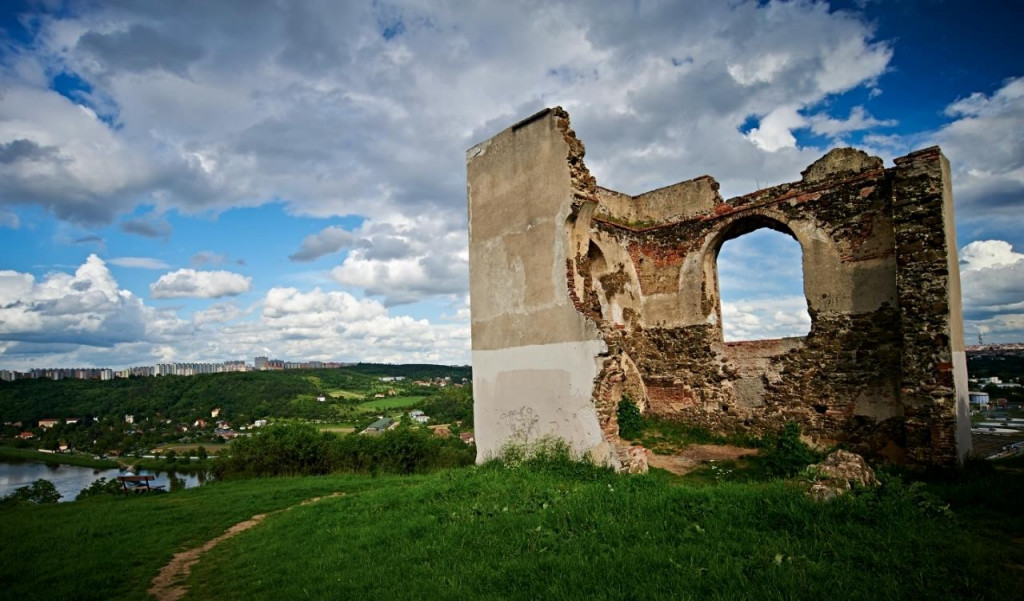Jáchymov is a lonely mining town in the Ore Mountains which has played an important role in the history of modern man.
The US dollar is the most widely used currency in the world. It is both the primary de facto global tender and the world’s unofficial gold standard.
According to the International Monetary Fund, 62% of the planet’s financial reserves are held in US dollars – more than double the total foreign holdings of euros, yen and renminbi combined. Thirty-one nations have either adopted it as their official currency or named their money after it; more than 66 countries peg the value of their currencies to it.
Yet, one place where the dollar is not accepted is in the tiny Czech town of Jáchymov – which is ironic, because it was here, tucked deep into the wooded folds of Bohemia’s Krušné hory mountains, where the dollar originated 500 years ago in January 1520.
The Discovery of Silver and the Rise of Joachimsthal
At the beginning of the 16th century, a rich silver deposit was found in the local valley, so in 1516 the owner of the Ostrov estate, Count Štěpán Šlik, decided to establish the town of Thaler.
It was here in the 16th century that the first “Joachimsthaler” coins were minted; nicknamed “tolars” by the Czechs, the popular solid silver coins spread across the Hapsburg Empire and into the New World, where they eventually became the currency of the fledgling United States.
A rich silver deposit was discovered in the area in the early 16th century and the town was founded by Štěpán Šlik as St. Joachim’s Town on the site of the settlement known as Konradsgrün in 1516. The rich deposits of high-quality silver soon lured many prospectors and miners from Bohemia, Saxony, Tyrol, or Rhineland.

In 1524, there were 613 silver mines and adits in the town, with yields amounting to 166,023 tolars.
In 1530, there were 1,000 silver mines employing 8,000 miners. By 1533, Joachimsthal was the second-largest city in Bohemia after Prague. In 1534, there were 18,200 inhabitants. In the early 17th century, silver ores was exhausted, and attention turned to nickel, cobalt, bismuth and arsenic.
The local coins were called in German “joachimsthaler silber groß Denar” – in translation “Jáchymov silver big denarius”. The impractically long name was gradually shortened – first to “joachimsthaler”, then to “thaler”, and finally to the “tolar” in Czech. Everybody – at home and abroad – tried to imitate the successful standard introduced by the Schlick dynasty in the following centuries.
The dollar became the US’ official currency in 1792.
The town lost heavily in wealth and population during the Thirty Years’ War (1618–48), and in the mid-19th century it was ravaged by fire. The local mining of uranium began in 1908 and reached its peak immediately after World War II, but it has since ceased.
Would you like us to write about your business? Find out more


